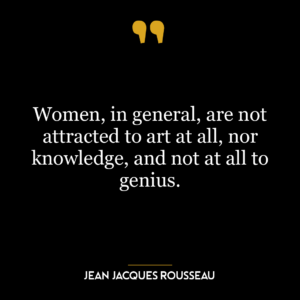This quote suggests that the key issue facing the American people is not a lack of ability or potential, but rather a lack of knowledge. It implies that with the right information and understanding, individuals and society as a whole can make better decisions and achieve greater things. The quote posits that ignorance, not incapacity, is the main barrier to progress.
In today’s context, this quote is more relevant than ever. We live in an era of information overload, where facts are often drowned out by noise, misinformation, and disinformation. This makes it harder for people to distinguish between what is true and what is not, leading to a society that is often misinformed despite being highly connected. The quote suggests that if people were more knowledgeable, they would be better equipped to navigate this complex information landscape, make more informed decisions, and contribute more effectively to society.
From a personal development perspective, the quote underscores the importance of continuous learning. It suggests that the more we know, the better we can understand the world around us and our place in it. This understanding can guide our actions, helping us to make better decisions and achieve our goals. It also highlights the importance of critical thinking in discerning the quality of the information we consume. By being discerning consumers of information, we can avoid misinformation and build a solid foundation of knowledge that can guide our actions and decisions.
Furthermore, the quote can also be seen as a call to action for educators and policy makers. It suggests that if we want to improve society, we need to invest in education and make knowledge accessible to everyone. This can be achieved through policies that promote education, as well as through initiatives that aim to combat misinformation and promote media literacy. In this way, the quote is not just a reflection on the state of society, but also a roadmap for how to improve it.












